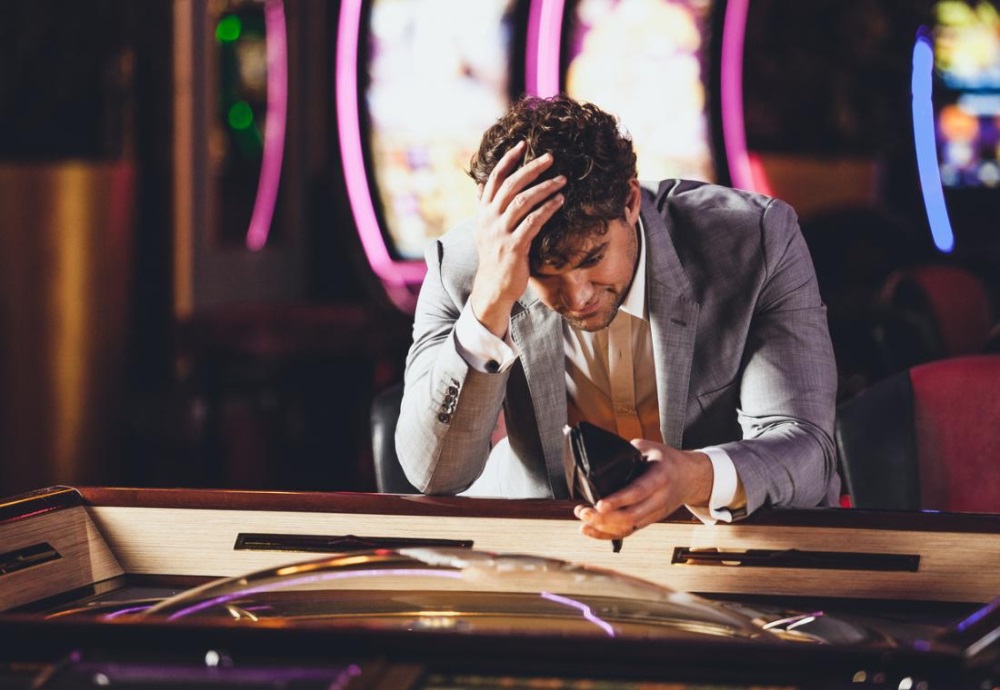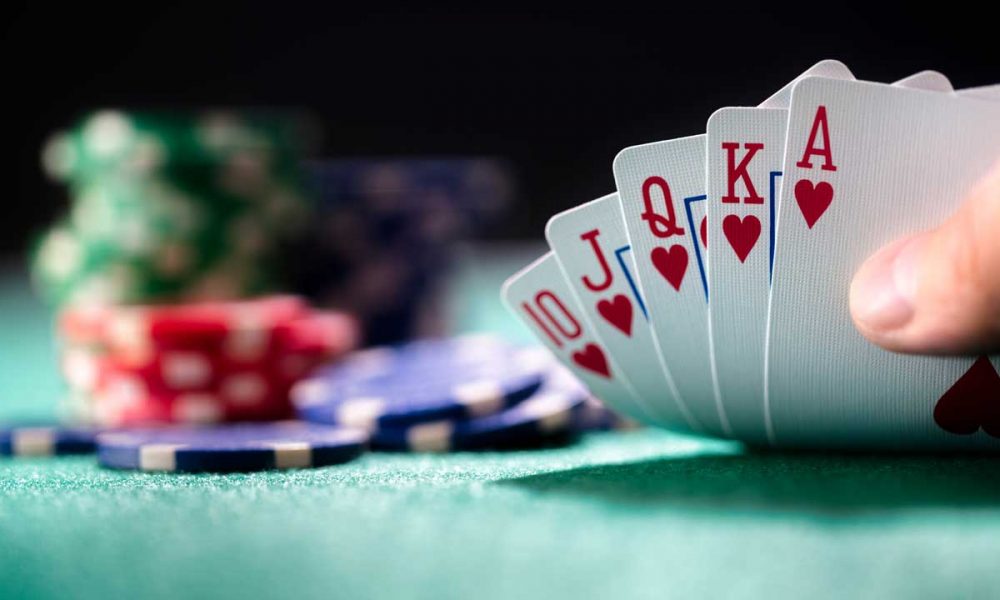In today’s globalized world, culture plays a significant role in shaping individuals’ behaviors and attitudes towards various aspects of life. One such area that is impacted by culture is gambling. Gambling behaviors can vary greatly across different cultures, as cultural norms, values, and beliefs shape individuals’ perceptions of gambling and influence their participation in such activities.
Cultural Perceptions of Gambling

Gambling is a universal activity that exists in various forms across cultures. However, the way gambling is perceived differs greatly from one culture to another. In some cultures, gambling is deeply rooted in tradition and is considered a social activity that brings people together. For example, in many Asian cultures, games like Mahjong and Pachinko are not only seen as forms of entertainment but also as a way to bond with family and friends.
On the other hand, certain cultures view gambling more negatively, associating it with addiction, financial ruin, and moral degradation. These cultural perceptions often stem from religious or ethical beliefs that consider gambling as a sinful or immoral activity. For instance, in some Middle Eastern cultures, gambling is strictly prohibited due to its perceived negative impacts on individuals and society as a whole.
Social and Economic Factors
Culture also influences gambling behaviors through social and economic factors. In cultures where gambling is considered acceptable, individuals are more likely to participate in gambling activities. This can be seen in countries like the United States, where casinos and other gambling establishments are prevalent, and gambling is a popular form of entertainment.
Furthermore, economic factors such as income levels and wealth disparities can also influence gambling behaviors within a culture. In cultures where there is a significant wealth gap, gambling may serve as a means of escaping poverty or achieving financial success. This is particularly evident in developing countries, where the allure of winning big in lotteries or casinos can be appealing to individuals facing economic hardships.
Impact of Cultural Norms on Gambling Addiction

Cultural norms and expectations can also influence the development and prevalence of gambling addiction within a culture. In cultures where gambling is socially accepted and widely practiced, individuals may be more prone to developing addictive behaviors. The normalization of gambling within these cultures can make it difficult for individuals to recognize and seek help for their gambling problems.
Conversely, in cultures where gambling is stigmatized or strictly regulated, individuals may be less likely to develop gambling addictions. The negative societal perception of gambling can act as a deterrent and discourage excessive gambling behaviors.
The influence of culture on gambling behaviors is a complex and multifaceted phenomenon. Cultural perceptions, social and economic factors, and cultural norms all play a role in shaping individuals’ attitudes towards gambling and their participation in such activities. Understanding these cultural influences is crucial for developing effective strategies to address gambling-related issues and promote responsible gambling behaviors.









Comments